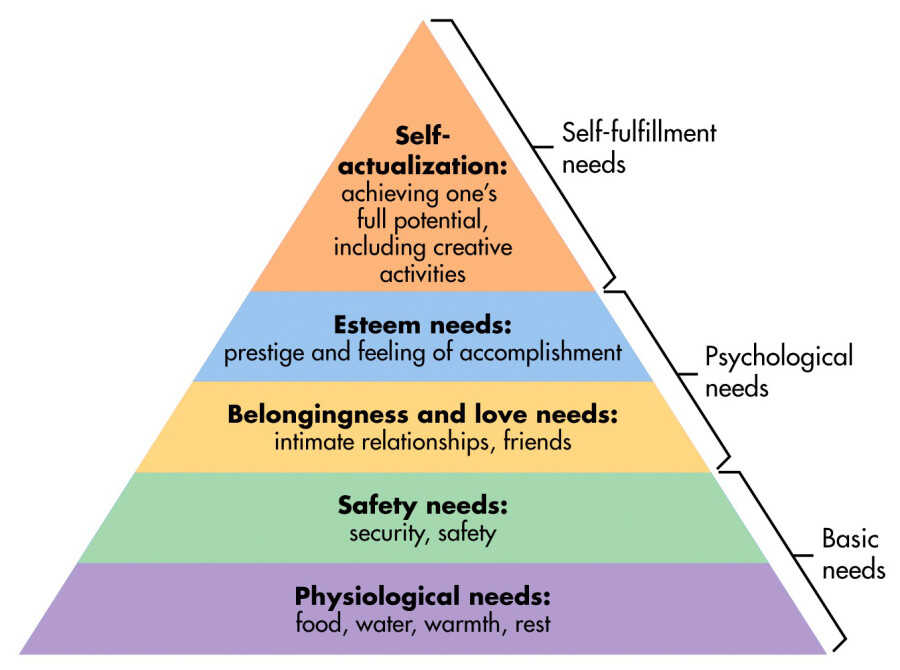From Wikipedia: "Abraham Maslow was an American psychologist who was best known for creating Maslow's hierarchy of needs, a theory of psychological health predicated on fulfilling innate human needs in priority…" In developmental psychology, Maslow's hierarchy is a classification system that reflects the universal needs of society as its base and then proceeds to more acquired emotions. Here is a graphical depiction of Maslow's hierarchy. 

- Don't implement monitoring as an afterthought.
- Focus on perfecting things like incident response or root-cause analysis only after you have your monitoring capabilities completely in order.
Once you have a monitoring solution that meets your organization's needs — including complete coverage for your entire stack, unified views of hybrid environments, monitoring for ephemeral systems (containers/microservices), real-time models of your IT services, and massive scalability — you're then set up for success. Now you can take integrated data and insights from monitoring into incident response, root-cause analysis, remediation procedures, capacity planning, and so on — at any scale. As you evaluate IT monitoring solutions and their capabilities, check out how Zenoss Cloud can set your organization up to achieve the ultimate service reliability. You can also click here if you would like to request a 10-minute demo. Fun fact: Abraham Maslow is also known for Maslow's hammer, also known as the law of the instrument. The concept is a cognitive bias that involves an overreliance on a familiar tool. As Abraham Maslow said in 1966, "I suppose it is tempting, if the only tool you have is a hammer, to treat everything as if it were a nail." So if you've heard that expression before, that's where it came from.









